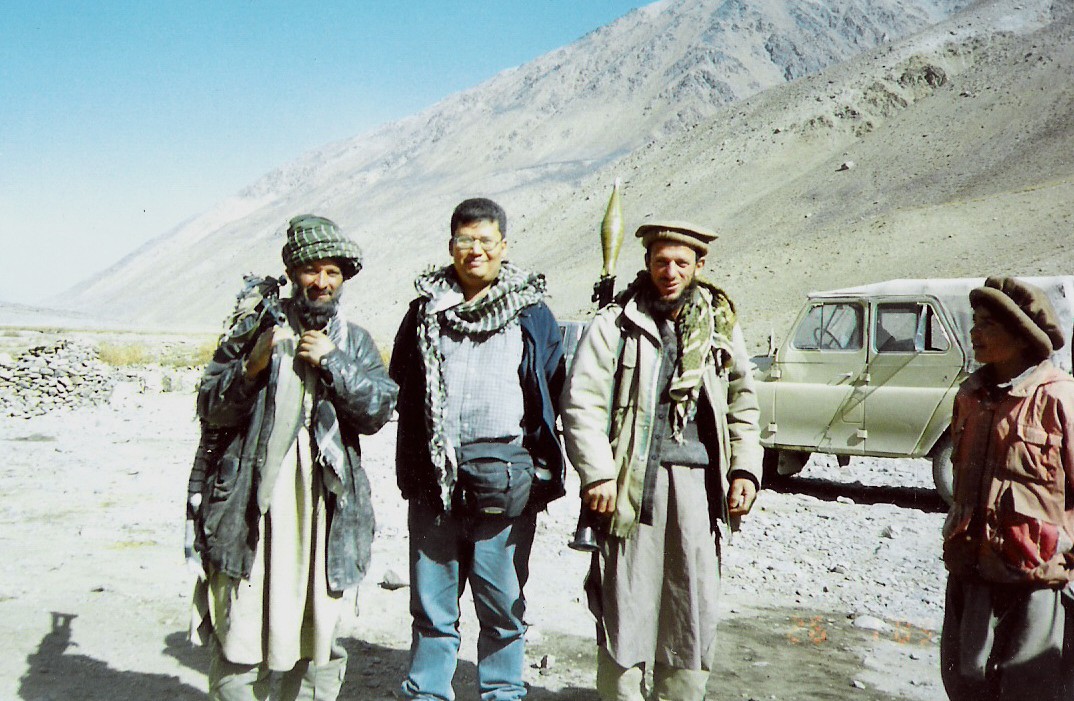Don Pathan
The Nation
When the Japanese stopped giving aid to Burma in 1988 in deference to its Western allies' dicision to isolate the ruling State Law and Order Restoration Council (Slorc) from the world community, rangoon's junta knew they were in for tough times.
Slorc has since had its hands full containing the country's ethnic minorities fighting for autonomy yet they have still managed to strengthen their grip on power despite constant criticism from foreign governments and condemnation from international human rights groups for the arbitrary detention of Burmese opposition leader Aung San Suu Kyi and other political activists.
On July 10, Slorc stunned the international community by releasing Suu Kyi, who had been under house arrest for nearly six years. The news was doubly surprising as Slorc intelligence chief Lt Gen Khin Nyunt had slammed the West just a week before for hypocrisy and double standard of human rights.
"The rights of 45 million people in the country are more important than the rights of an individual," said the defiant general.
Whatever Slorc's reasons for releasing Suu Kyi, the ruling junta must have been certain the action would serve their interests and be worth the accompanying political instability. Most analysts agree that Slorc must feel capable of handling any challenges that may come with Suu Kyi's release.
Some also suggested that Burma may be making overtures to join the Assciation of South East Asian Nations, which stuck its neck out for Burma against the Western political community and human rights organizations.
Other believe Japan worked behind the scenes for Suu Kyi's release. Shortly after she was freed, Japan's foreign ministry released a statement calling the event "an important step towards the democratization of Burma".
A Rangoon based Western diplomat emphasized that Japan's business community made no attempt to hide their disappointment with Tokyo's decision to halt Burmese aid in 1988 with no economic sanctions between the countries and Burma's political instability, most Japanese businesses felt compelled to pull out of Burma.
Japanese investors were irked when other countries took advantage of Japanese inactivity by cutting deals with Slorc to exploit the country's vast natural wealth. "Before 1988, there were no Koreans, Thais or Singaporeans investing in Burma," said the foreign diplomat. "It was exclusively Japan's turf."
Indeed, a change in Japan's attitude was apparent in March this year when Tokyo pledged Y 1 billion ($11.5 million) in "humanitarian assistance" to Burma. Moreover, two months later a Y4 billion debt-relief grant was arranged despite the West's continued negative response.
During a recent news conference after a meeting between Asean and its dialogue partners, which include the US, Japan, South Korea, Australia, New Zealand, Canada and the European Union, Japanese Foreign Minister Yohei Kono said he was "encouraged" by the increasing number of political prisoners being released in Burma.
He also noted that Suu Kyi's release was not due to pressure from the international community. "We don't believe that the release of Aung San Suu Kyi was brought about by the continued isolation of Burma from the international community," he said. Indonesian Foreign Minister Ali Alatas was quick to credit Suu Kyi's release to Asean's constructive engagement policy. He was echoed almost immediately by foreign ministers from Asean, who stressed the efficacy of constructive engagement which has been criticized by the international community as a thinly disguised scheme to protect Asean's business interests with Slorc.
Constructive engagement calls for a constant, low-key dialogue with Rangoon, continued investment and trade, and the non-imposition of sanctions. Such a policy, Asean argued, would eventually take Burma out of its self-imposed isolation and bring its government in line with the international norms of the world community.
But while Asena is quick to pat itself on the back, Suu Kyi questioned the policy's effectiveness. She also asked foreign governments to wait before rushing in with aid.
"The question is, for whom has [constructive engagement] been constructive? Was it constructive for the forces of democracy? Was it constructive for the Burmese people in general? Was it constructive for limited business community? Or was it constructive for Slorc" she asked.
